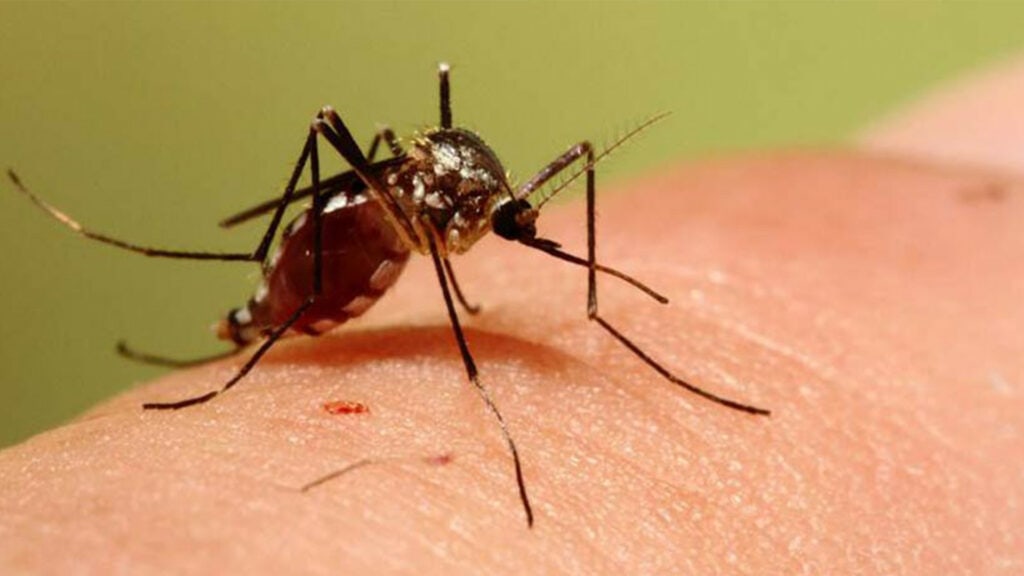The Tuscarawas County Health Department is reporting that a resident of
Tuscarawas County has been diagnosed with La Crosse virus, an illness which is transmitted
through the bite of an infected mosquito.
The Health Department has been unsuccessful in obtaining any additional
information from the confirmed case, so it is not known if the individual acquired the virus in
Tuscarawas County, or elsewhere. This is the first known case of La Crosse Virus in Ohio.
Most people infected in Ohio are bitten by the eastern treehole mosquito, Aedes
triseriatus, an aggressive daytime biting mosquito commonly found in wooded areas. La Crosse
virus is native to Ohio, and Ohio has reported more human cases than any other state in the
United States, averaging about 20 cases per year.
Many people infected with La Crosse virus have no apparent symptoms. For those who do,
symptoms typically begin 5 to 15 days after a mosquito bite and include non-specific symptoms
such as the following:
➢ Fever
➢ Headache
➢ Nausea
➢ Vomiting
➢ Lethargy
Severe disease most often occurs among children less than 16 years old and is characterized by:
➢ Seizures
➢ Coma
➢ Paralysis
➢ A variety of neurologic complications after recovery
Death from infection with La Crosse virus is rare and occurs in less than 1 percent of cases.
Residents are encouraged to follow these recommendations from the Ohio Department of Health
to avoid mosquito bites: use insect repellent when you go outdoors; when weather permits, wear
long sleeves, long pants, and socks when outdoors. Mosquitoes may bite through thin clothing,
so spraying clothes with repellent will give extra protection. Take extra care during peak
mosquito biting hours at dusk and dawn or consider avoiding outdoor activities during these
times. Ways to mosquito proof your home include installing or repairing screens on windows
and doors to keep mosquitoes outside; using your air conditioning, if you have it; and helping to
reduce the number of mosquitoes around your home by emptying standing water from
flowerpots, gutters, buckets, pool covers, pet water dishes, discarded tires and birdbaths on a
regular basis.
The Tuscarawas County Health Department continues their mosquito control program through
trapping and testing of mosquitoes for viruses, larviciding, and spraying when high trap counts,
or disease positive pools are identified.
Taking these steps will help protect against mosquito-borne diseases, including West Nile Virus,
La Crosse Encephalitis, and Zika Virus. For information on mosquito control activities or for up-to-date mosquito-borne disease information, please visit us at www.tchdnow.org or call 330-343-
5550.












